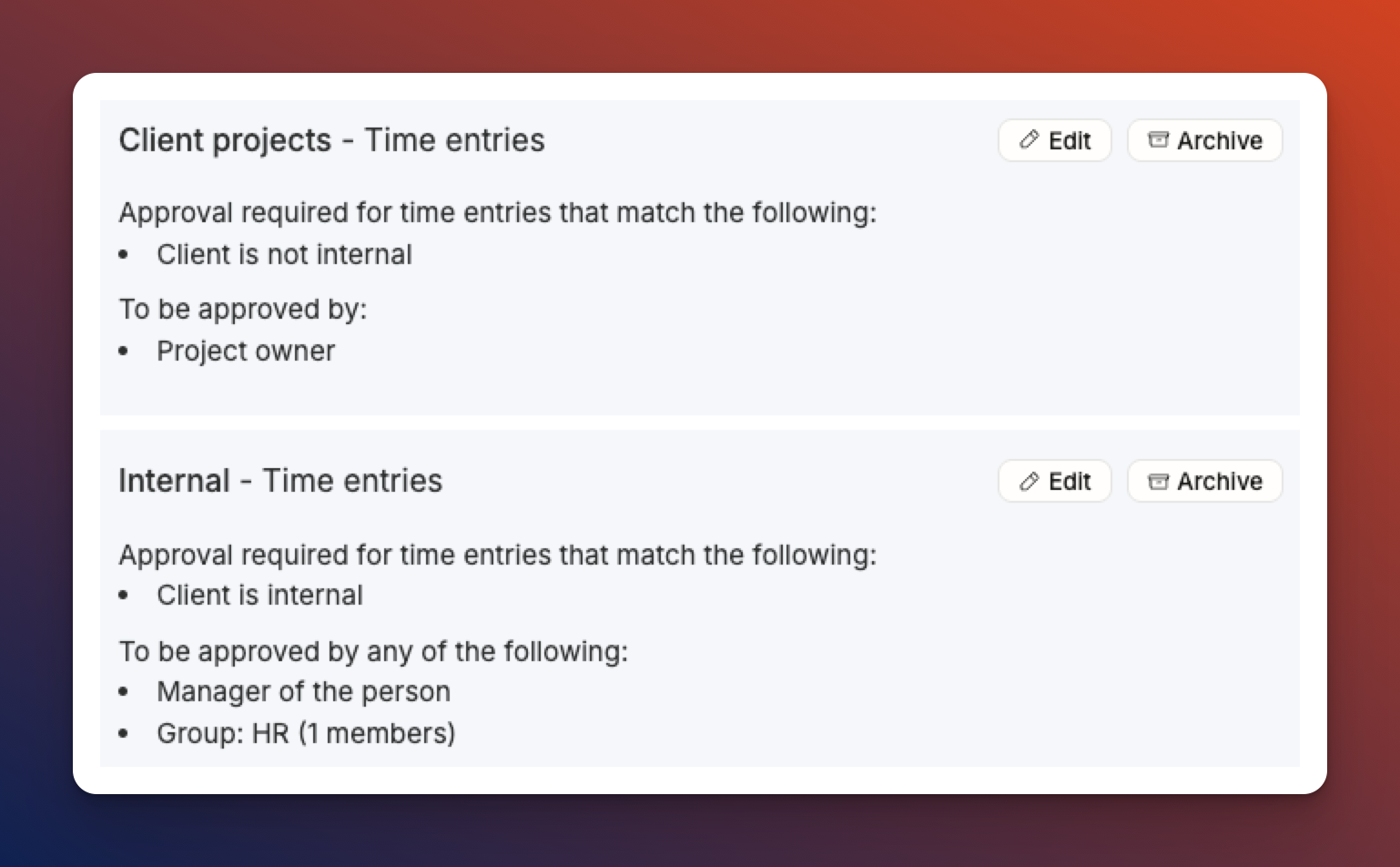Key Requirements for IT Consulting Firms Replacing Homegrown Systems
Introduction: When Leadership Decides It’s Time
In many IT consulting firms, change begins in the leadership meeting. The COO reviews utilization, the PMO director reports bottlenecks, and the CEO challenges the team to remove operational friction. As a case example, for a 400-person firm in California, this was the moment when their homegrown system became the focus.
They had built internal tools for time tracking, staffing, invoicing, and project planning. Over time those tools consumed more resources than they saved. Developers were maintaining systems instead of working on client projects. Directors were fielding questions about platform issues instead of focusing on delivery. The leadership team concluded that continuing with the internal setup was draining both time and profit.
After that meeting, the CEO started looking for a replacement. The decision had been made: the firm needed a platform that could cover core workflows and connect CRM and finance without the overhead of custom development.
The Hidden Cost of Homegrown Systems
- Developers assigned to platform maintenance instead of billable work.
- Leaders dedicating hours to support internal tools.
- Disconnected CRM, finance, and operations with no unified view causing slow decision-making
- Delayed invoicing and lower utilization across teams.
For firms with several hundred employees, these issues scale quickly. What once seemed like a flexible solution becomes a barrier to profitability.
What Enterprise Consulting Firms Need in a Platform
1. Native CRM Integration with Consulting-Specific Resource Planning
Integration with HubSpot or Salesforce is essential, but consulting firms also need tools tailored to staffing. A strong platform supports skills-based project matching, provides visibility into available consultants on the bench, and gives staffing managers a project staffing to-do list for upcoming needs.
2. Finance System Compatibility with Project Accounting in Mind
The platform should connect directly with ERP systems like NetSuite or Business Central. It must handle revenue recognition for time-and-materials and fixed-fee projects, and support multi-currency operations across regions.
3. Advanced Time Tracking with Approval Flows
Accurate time entry underpins invoicing and reporting. Platforms need approval flows, visibility into planned versus actual hours, and the ability to separate billable from non-billable time.
4. Resource Planning and Forecasting for Utilization and Capacity
Utilization drives consulting profitability. A modern platform forecasts workloads, shows capacity gaps in advance, and ties utilization data to financial forecasting so leaders can plan hiring or subcontracting decisions with confidence.
5. Invoicing Automation That Connects Operations to Finance
Invoices should move directly from approved timesheets and project data to the finance system. Customizable billing rules for retainers, milestones, and rate cards make sure complex client agreements are supported without manual adjustments.
6. Enterprise-Grade Permissions and Security
Large consulting firms need nuanced access control. Executives require full visibility, managers need project-level data, and contractors should only see the tasks assigned to them. Role-based permissions keep information secure while ensuring people see what they need to do their jobs.
7. Support for Complex Consulting Structures
IT consulting firms often operate in matrix organizations. A suitable platform supports role and seniority mapping, applies rate and cost cards across practices and markets, and provides a single source of truth for staffing and pricing decisions.
Why Integrated Platforms Outperform Point Solutions
Separate tools for time tracking, staffing, and invoicing create silos and require constant integration work. Reporting remains fragmented and leadership never sees the full picture. An integrated platform consolidates these workflows into one system, reducing complexity and ongoing maintenance costs.
For Sievo, a procurement analytics firm with 300+ people across the board, Operating.app replaced complex homegrown systems for resource planning and time tracking, significantly saving time in running the operations for all project delivery teams. Read more in the case study.
Operating.app: Built for Consulting at Scale
Operating.app is designed for the challenges enterprise IT consulting firms face when they move away from homegrown systems. It connects CRM and finance, unifies time tracking, staffing, invoicing, and forecasting, and gives leadership one reliable view of the business.
For the 400-person California firm, this was exactly the need that led the CEO to Operating.app through the HubSpot Marketplace. The leadership team had already committed to replacing their internal tools. What mattered was finding a platform with enterprise features and consulting-specific capabilities that could scale with the firm.
Conclusion
When consulting firms outgrow internal systems, leadership looks for a platform that can support growth instead of holding it back. The requirements are clear: CRM and finance integration, advanced staffing capabilities, accurate time tracking, reliable invoicing, and secure enterprise access.
Operating.app provides these capabilities in a single platform built for consulting organizations that are ready to modernize their operations.





